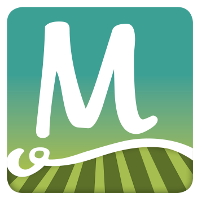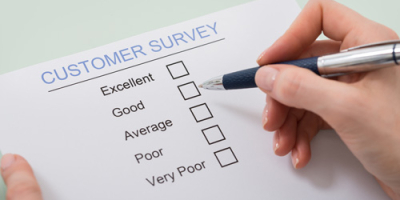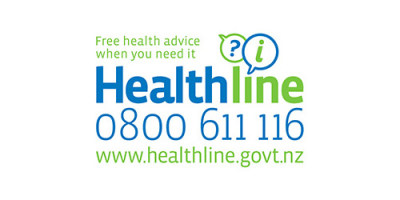Hygiene and clean water during a flood
This page provides information about making water safe during a flood event, tips for hygiene, avoiding water-borne illnesses and links to more information about drinking water supply safety. Treat all flood water as if it is contaminated.
How to make water safe
Check your council website to see if a boil water notice has been issued. If you have a private water supply, the Council will not be able to tell if the water is safe.
If you are uncertain about your water supply, use bottled water if you have it. Otherwise, you can boil water or treat it with bleach.
How to disinfect water by boiling:
-
Bring water to a rolling boil in a pot or electric jug.
-
An electric jug only needs to be boiled once, until it automatically shuts off.
-
Store the boiled water in a clean container with a lid. Boiled water is best used within 24 hours and can be boiled again to be sure it is safe. This is especially important for preparing infant formula.
-
If you suspect the water is contaminated with chemicals boiling will not make it safe to drink – only use bottled water.
To disinfect (make safe) drinking water with bleach:
-
You can add plain unscented bleach to your water (do not use Janola as it contains cleaning chemicals which make it unsuitable for treating drinking water).
-
To disinfect the water add 5 drops of bleach to 1 litre of water or 1/2 teaspoon to 10 litres of water.
-
Stir the water well, and let it stand for 30 minutes before using it.
-
Do not try to disinfect highly contaminated water with bleach, especially water that has been contaminated with sewage, as sewage contains some bugs that are not killed by chlorine. Boil it instead.
Hand and general hygiene
Hand hygiene with safe water is one of the best ways to prevent illness after a flood.
-
Treat all floodwater as contaminated. It may contain nasties such as raw sewage (poos and wees), chemicals, and dirt.
-
Use safe disinfected water to wash dishes, brush your teeth, wash your hands, wash and prepare food, make ice or make baby formula.
Always wash your hands with soap and safe water (that has been boiled or disinfected):
-
Before preparing or eating food
-
After using the toilet
-
After handling items contaminated with floodwater or sewage and cleaning up
If you don’t have boiled or disinfected water, you can use alcohol-based products to disinfect your hands.
If you have any open cut or sore that has been exposed to floodwater:
-
Keep it as clean as possible by washing with soap and covering with a plaster.
-
If necessary contact a doctor or Healthline 0800 611 116 for further treatment advice (such as a tetanus shot).
-
If redness, swelling or discharge occurs seek immediate medical attention.
Information for parents
Parents need to help their children avoid waterborne illness:
-
Do not allow children to play in floodwater areas.
-
Wash children’s hands frequently and always before meals.
-
Do not allow children to play with toys contaminated with floodwater until they have been disinfected.
When preparing food for infants:
-
If breastfeeding, continue as usual.
-
If you are using infant formula, prepare using commercially bottled or cooled, boiled water. Wash and sterilise bottles and teats in boiling water or use sterilisation tablets and follow manufacturer’s instructions.
-
Use only pre-prepared canned baby food that is not contaminated.
Children and elderly people are particularly at risk from dehydration. Ensure they drink plenty of safe (i.e. bottled, boiled or disinfected) water until the drinking water supply is declared safe.
If you need general advice, phone Plunketline 0800 933 922. For health advice phone Healthline 0800 611 116.





